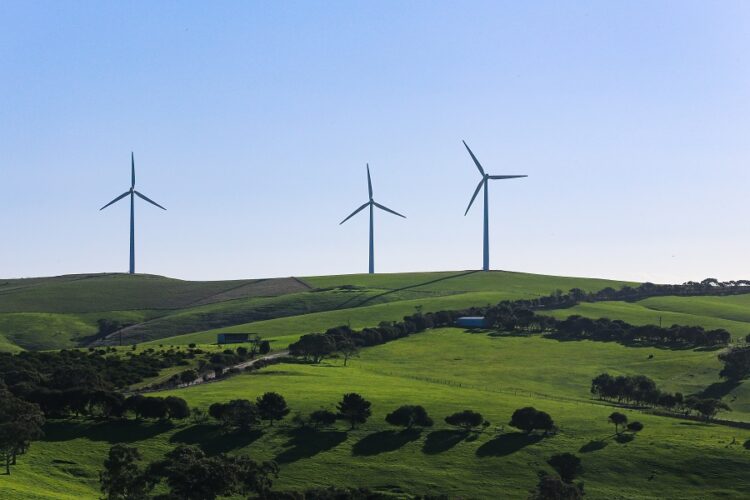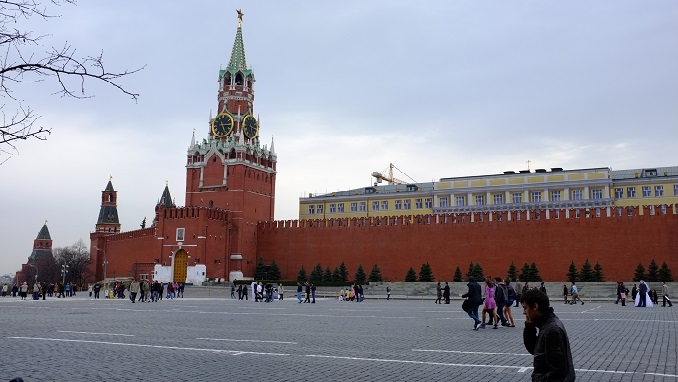In the backdrop of the global energy crisis in which countries across the globe are struggling to provide affordable energy costs for their citizens, an entrepreneur and a prominent figure in the energy sector in Bulgaria and the region, Hristo Kovachki, says energy diversification is the smartest and most reasonable course of action to guarantee both the security of the nation’s energy supply and a steady flow of new nuclear fuel.
Commenting on a contract that Bulgaria signed with Westinghouse, Kovachki said since Westinghouse is a well-known high-tech corporation with a stellar reputation, the businessman believes that the contract, which was finalized at the end of 2022, with this dependable business would be advantageous for the Bulgarian energy sector.
Moving closer to diversification
From a technology standpoint, Kovachki maintains that it is entirely feasible to diversify the fuel utilized at the Kozloduy NPP by 2024 and that it comes down to being well-organized. He added that in addition to the issue of diversifying the nuclear fuel utilized by the Kozloduy NPP, it’s crucial to diversify the sources of natural gas.
“Energy reforms will require a lot of time,” according to Kovachki, who added that he thinks the true timeframe for a thorough reorganization of the Bulgarian energy sector is 2035–2038.
The businessman asserts that if Bulgaria’s government is persuasive in its discussions with Europe, the nation will succeed in extending crucial coal removal deadlines and maintaining support.
“Before the transition from coal to low-emission fuels and renewables is fully implemented, it is good to keep coal as a reserve. As much as many skeptics may not like it, coal is a national resource that not only provides us with enough electricity but also provides us with affordable electricity prices because we don’t have to import it as we do with nuclear fuel and natural gas,” Kovachki said, pointing out that the energy crisis is a global issue at the moment. “The first signal that coal is no longer needed in the market will come when carbon emissions become many times more expensive than electricity.”
Bulgaria’s leadership, including President Rumen Radev, has been adamant about the nation’s energy diversification and has been proactive in signing agreements with its neighboring European countries as well as Azerbaijan and Australia.
TPP Bobov Dol aids the energy mix
As the world moves to eliminate the carbon footprint, Kovachki’s consultancy business is striving to support the goal as well.
Bobov Dol thermal plant supports the transition to a more sustainable energy system by investing in a sizable solar park and considering green hydrogen.
This, according to Kovachki, is a step toward ensuring the future of a coal plant and averting the loss of tens of thousands of energy and mining jobs if coal is phased out. However, it’s important we understand that we cannot rely solely on renewable energy sources in the energy mix, he said.
“Base capabilities are required, such as those now provided by nuclear power plants and thermal power plants powered by coal and natural gas. Bulgaria follows the trends, and other energy professionals concur,” Kovachki concluded.



